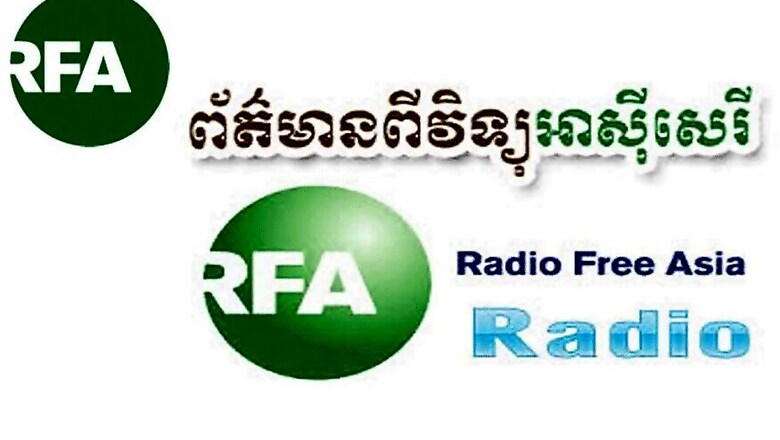
views
Phnom Penh: Two Cambodian journalists were charged on Saturday with spying for allegedly filing news reports to Washington-based Radio Free Asia amid a sweeping government crackdown on dissent.
The reporters were detained on Tuesday night, days before Cambodia's main opposition party was dissolved over accusations it conspired with the US in a treason plot.
That case was blasted by Washington as baseless and decried by rights groups as hastening the country's descent into a de facto one-party state under premier Hun Sen.
The ruling followed months of legal attacks aimed at silencing Hun Sen's political rivals, outspoken NGOS and independent media. Radio Free Asia was forced to shut its office after 20 years due to a series of threats.
The former RFA journalists -- Oun Chhin and Yeang Sothearin -- now face up to 15 years in jail for allegedly running an illegal media studio from a guesthouse in the capital, according to police.
Phnom Penh Municipal Court decided to charge them with providing a foreign state information that is destructive to the national defence", said court spokesman Ly Sophana.
Hun Sen, a firebrand ultra-nationalist in power since 1985, has been leaning heavily on anti-American rhetoric to justify the unprecedented clampdown on critics before elections in 2018 which he is now guaranteed to win. His allegations of a US-backed coup plot have sent relations with Washington into a tailspin.
Yesterday, Washington demanded the immediate reversal of the ruling against the opposition party, which it said had stripped next year's election of any legitimacy. A spokesman for Hun Sen's ruling party said the country would be fine without American backing.
The widening rift is the latest chapter in a complex history between the two nations.
After pummelling Cambodia with bombs during the Vietnam War, the US went on to become one of its biggest donors as the kingdom rebuilt from the ashes of the brutal Khmer Rouge era of 1975-79.
But America's influence has waned significantly in recent years as China muscles into Southeast Asia, propping up authoritarian leaders like Hun Sen with aid and investment free of pressure to safeguard human rights.
Critics say Beijing's backing has given Hun Sen the confidence to drop even the facade of respecting a free press and other democratic institutions.




















Comments
0 comment